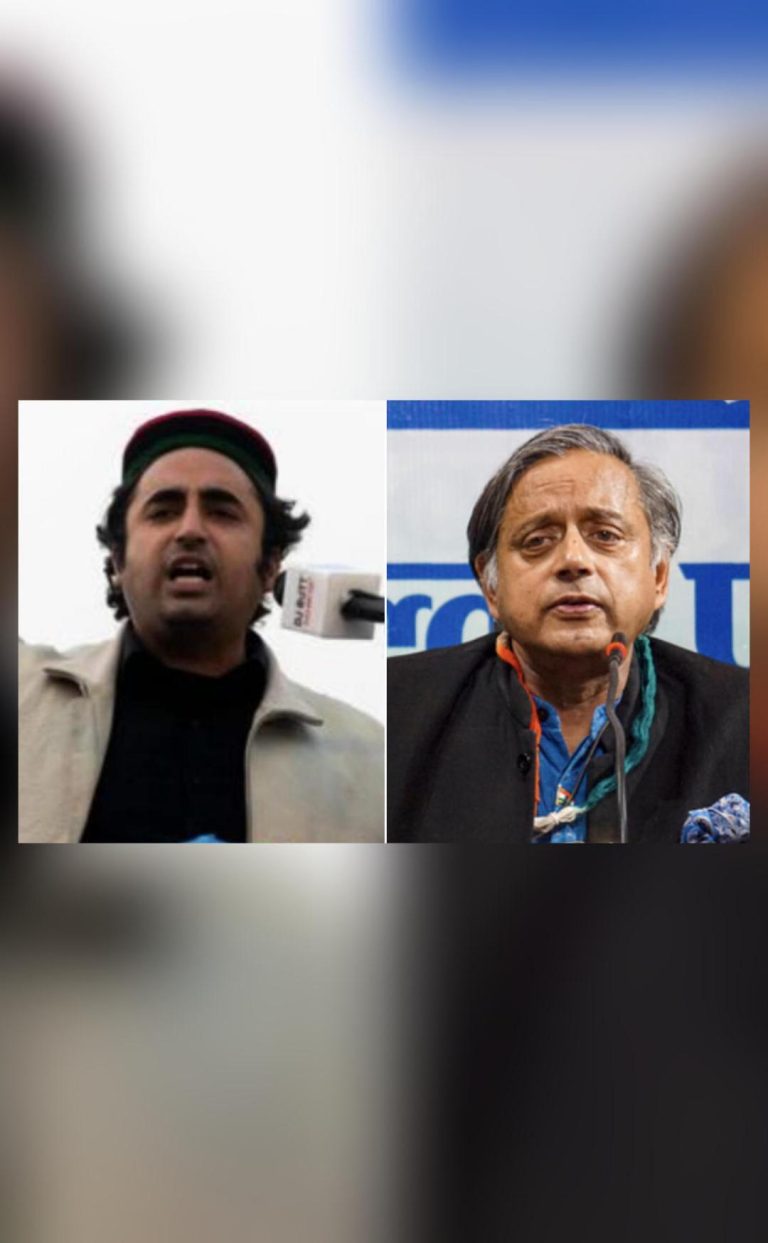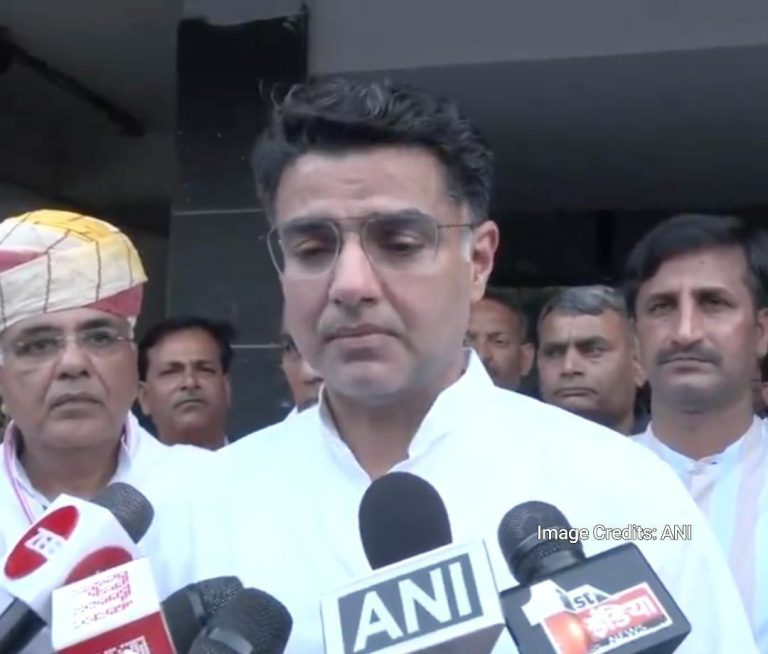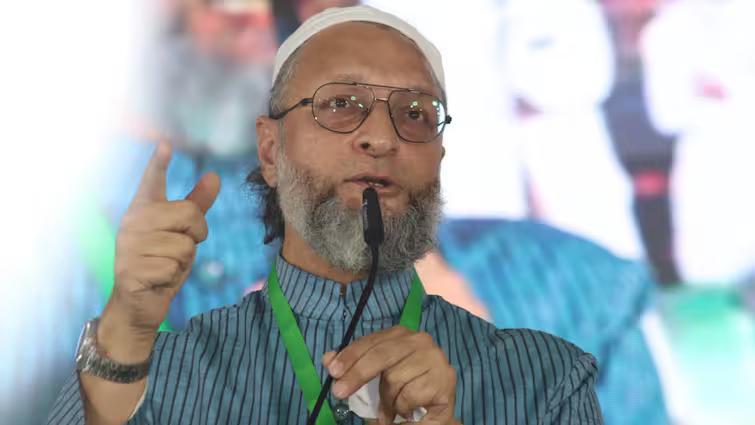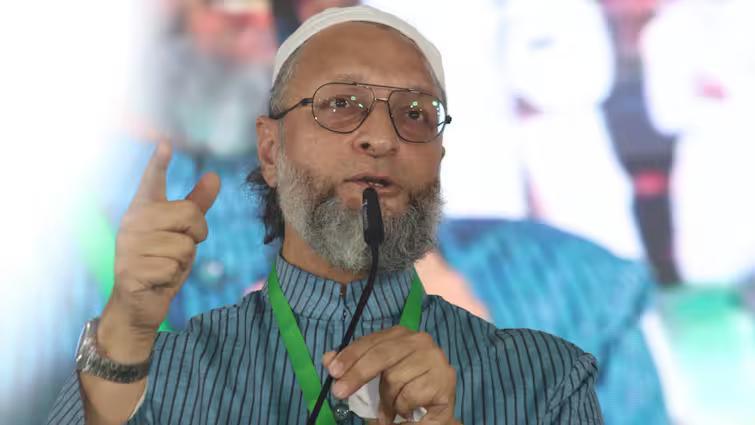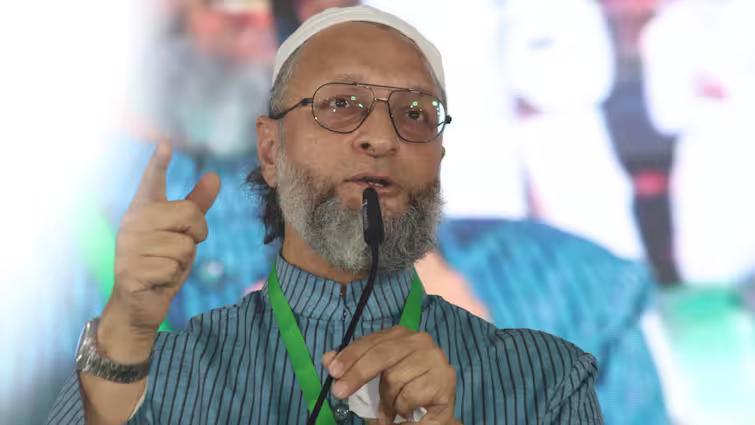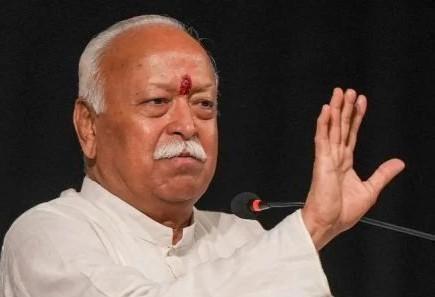
If someone turns to evil then we’ll teach lesson: Bhagwat on J&K attack
In the wake of the recent terror attack in Pahalgam, Jammu and Kashmir, RSS chief Mohan Bhagwat has sparked a heated debate with his statement on the government’s stance towards dealing with “oppressors and hooligans”. While speaking to media, Bhagwat emphasized that non-violence is India’s religion, but at the same time, he believed that it is essential to teach a lesson to those who resort to evil ways.
The terror attack in Pahalgam, which claimed the lives of several innocent civilians, has left the nation in shock. The attack was carried out by a group of terrorists, who targeted a bus carrying tourists and locals. The incident has once again highlighted the security concerns in the Valley and the need for the government to take immediate action to prevent such attacks in the future.
In the aftermath of the attack, Bhagwat’s statement has been widely discussed, with many interpreting it as a call for retribution against those responsible for the violence. While some have welcomed his comments, others have criticized him for advocating for violence and retaliation.
Bhagwat’s statement is rooted in the concept of the “king’s duty” to protect his people. He argued that the government has a responsibility to safeguard its citizens and ensure their well-being. He emphasized that the government will not tolerate any form of violence or terrorism, and will take all necessary measures to teach a lesson to those who engage in such activities.
However, Bhagwat’s statement has also been criticized for being overly simplistic and lacking nuance. Some have argued that his approach is short-sighted and fails to address the root causes of terrorism and violence. Others have expressed concern that his words may be interpreted as a call to violence and vigilantism, which could have unintended and harmful consequences.
In addition, Bhagwat’s statement has also been seen as a departure from the traditional RSS stance on non-violence. The RSS has historically been known for its commitment to non-violent resistance and civil disobedience, and Bhagwat’s comments have been seen as a departure from this philosophy.
Despite the controversy surrounding his statement, Bhagwat’s words have also been praised by some for being a bold and uncompromising stance against terrorism. Many have argued that the government needs to take a tough stance against terrorism and those who engage in such activities, and that Bhagwat’s statement reflects this sentiment.
In conclusion, Bhagwat’s statement on the J&K attack has sparked a heated debate on the government’s stance towards dealing with terrorism and violence. While some have welcomed his comments as a bold and necessary stance against terrorism, others have criticized him for advocating for violence and retaliation. Ultimately, the government’s approach to dealing with terrorism and violence will depend on a range of factors, including the root causes of the problem, the impact of different approaches on the situation, and the need to balance competing interests and values.
Source: https://youtu.be/SpAKVWl5wII
